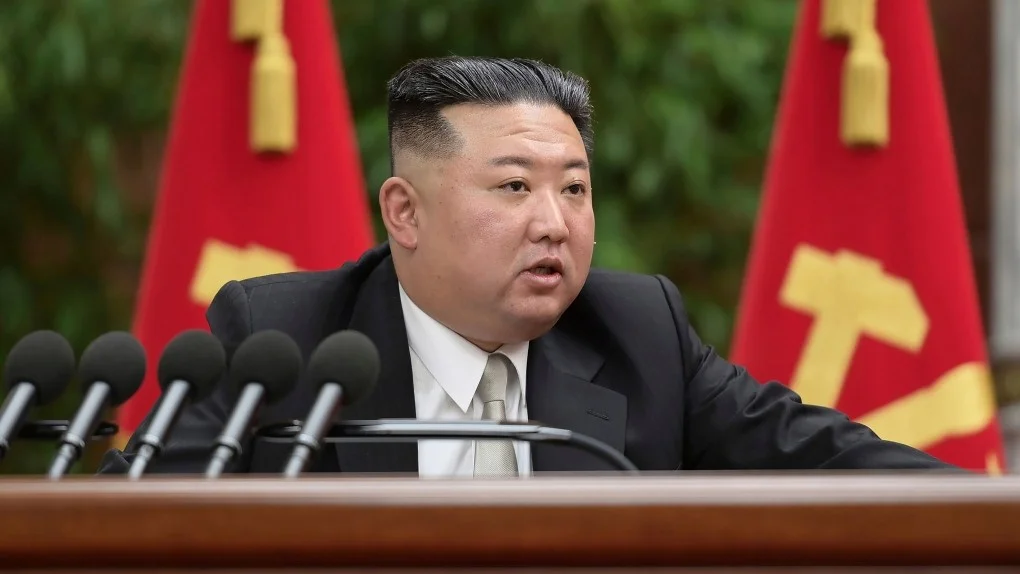In a move that has ignited widespread condemnation, North Korea has implemented a new ban forbidding women from wearing shorts, citing them as symbols of “capitalist fashion.” This prohibition, enforced despite scorching temperatures exceeding 30 degrees Celsius, has raised concerns about the regime’s control over personal choices, as well as the glaring gender inequality it highlights.
The ban is being enforced under the Rejection of Reactionary Thought and Culture Act, ostensibly aimed at preserving “socialist etiquette.” Meanwhile, men remain exempt from this restriction, a factor that has intensified public scrutiny and debates on gender discrimination.
North Korea, under the leadership of Kim Jong Un, has long been criticized for suppressing basic freedoms and human rights. Citizens are denied the right to voice their opinions, assemble publicly, and practice religion. Human rights organizations have consistently raised alarms about the existence of secretive political prison camps, where dissenters face harsh punishments including torture and forced labor. The recent ban on women’s shorts adds to the extensive list of restrictive measures that control various aspects of citizens’ lives.
The ban has sparked resistance from women in North Korea who view it as a clear case of discrimination. The discrepancy in treatment between men and women, where men can continue wearing shorts without any restrictions, has underscored the unequal treatment of genders within the nation. Women have begun to question the regime’s motives behind this gender-specific ban, exposing the entrenched gender inequality that persists despite the country’s claims of socialist ideals.
North Korea is already grappling with economic challenges and stringent living conditions, and this ban further compounds the difficulties faced by its citizens. In a society where resources are scarce, and the government maintains strict control over daily life choices, the ban on women’s shorts is seen as yet another attempt to exert authority over personal freedoms. It is emblematic of the regime’s determination to control not only political matters but also the minutiae of citizens’ lives.
Under Kim Jong Un’s leadership, North Korea has placed a heavy emphasis on military advancements, particularly in nuclear and missile technologies. This stance has led to escalating tensions with the international community, especially the United States and South Korea. The controversial ban on women’s shorts provides an additional lens through which to analyze North Korea’s priorities – while it remains isolated from global technological and economic progress, the regime continues to focus on consolidating power and asserting control over its populace.
The ban on women’s shorts in North Korea is a stark reminder of the regime’s persistent authoritarianism and disregard for basic human rights. As citizens face a multitude of restrictions, the ban also highlights the stark gender inequality that exists within the country. In a world where many nations strive for progress and equality, North Korea’s actions stand as a glaring contrast, underlining the extensive gap between the nation’s policies and the global standards upheld by its neighbors.




